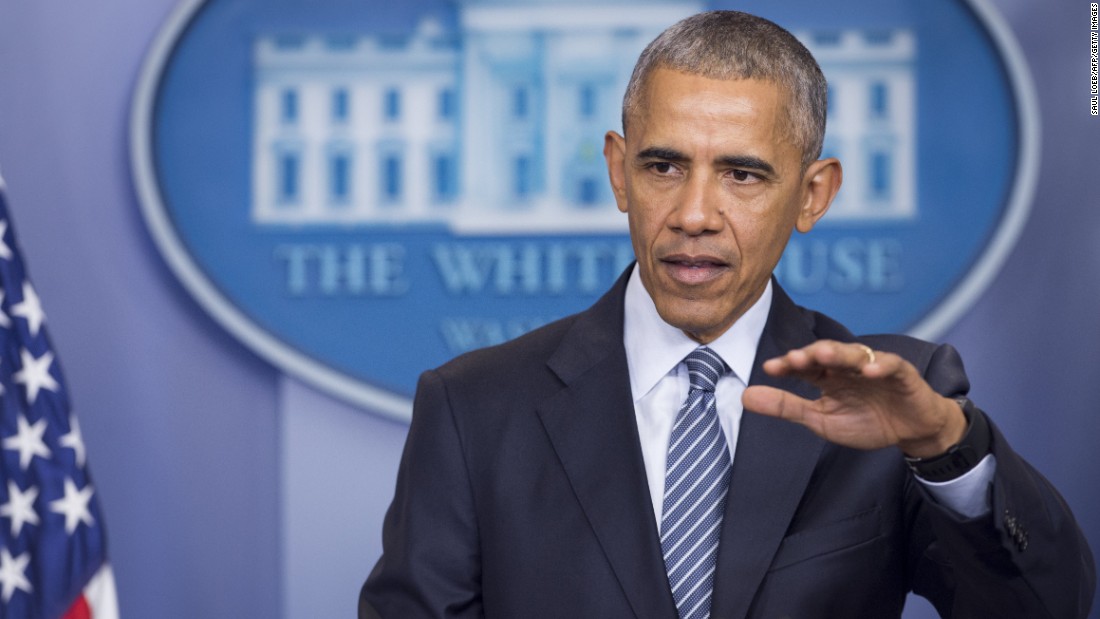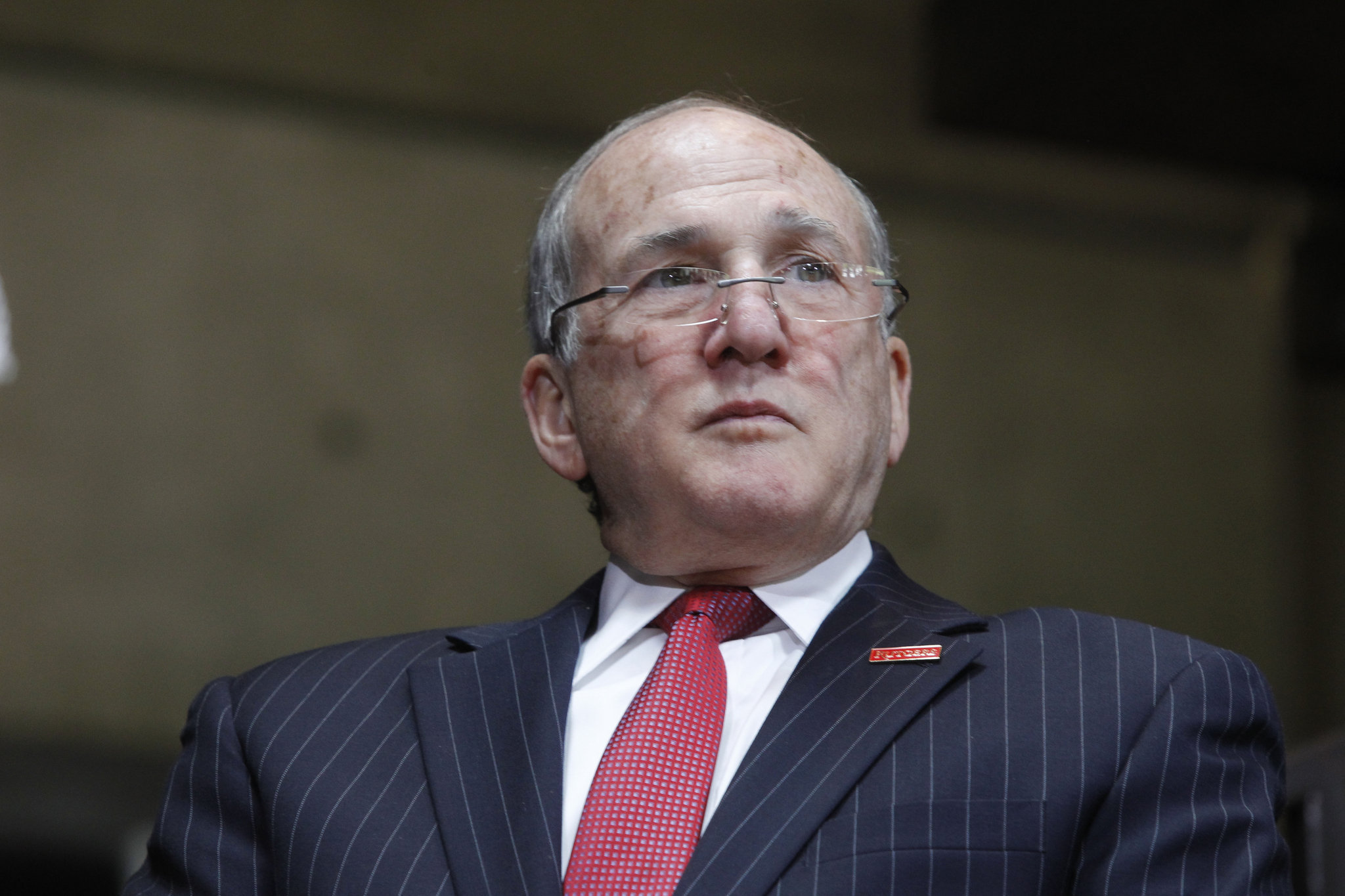Wow.....I guess they meant it. Dark navy isn't good enough??? doesn't look good. Recruiters were not happy. Let's be real, this is a state school and not every kid is going to own more than one suit.
http://www.dailytargum.com/article/...career-fair-for-wearing-light-grey-blue-suits
http://www.dailytargum.com/article/...career-fair-for-wearing-light-grey-blue-suits
Last edited:





